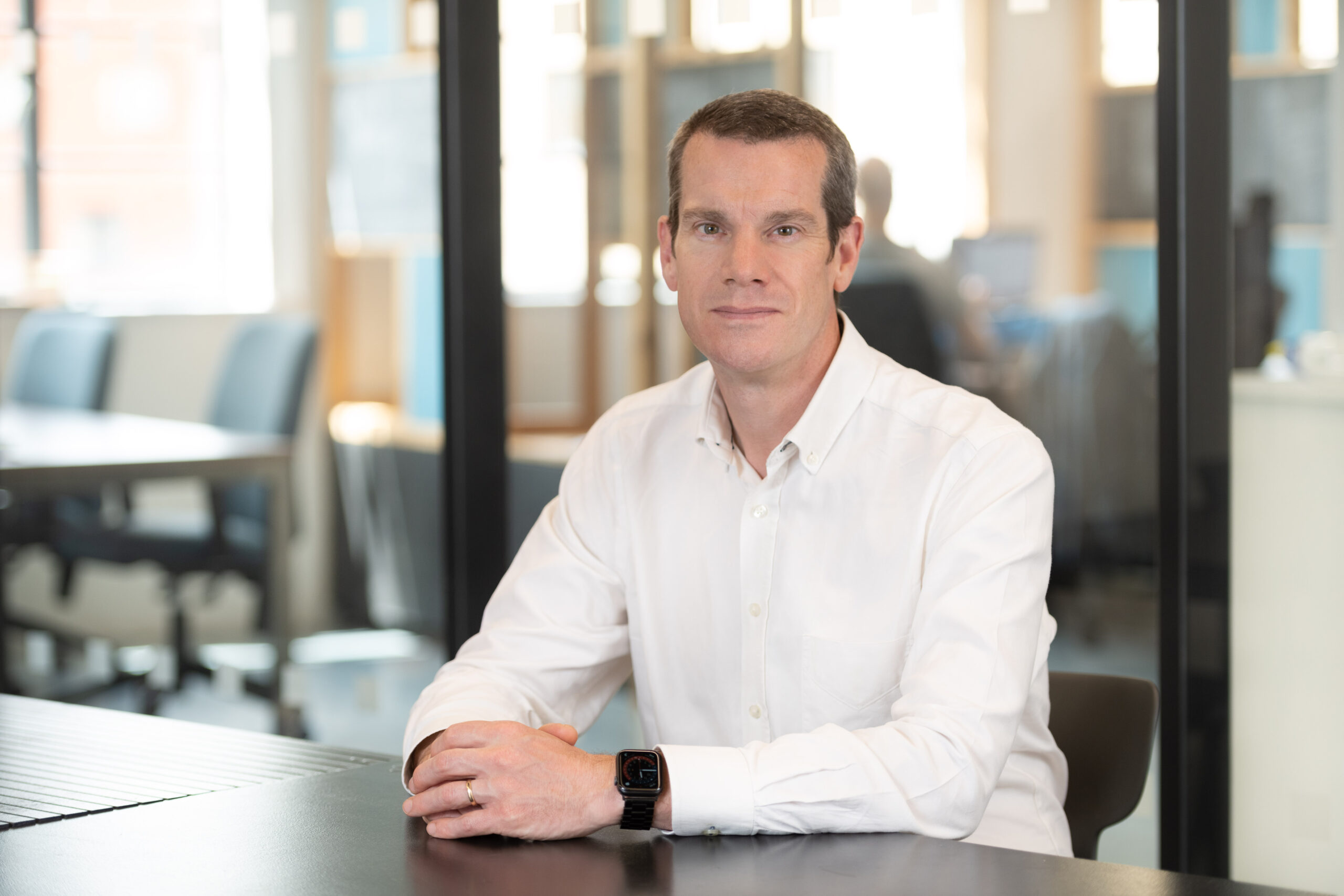At the time of writing, the very public debate about the scale and means of social care funding is reaching a fever pitch. Whatever and whenever the outcome of this political wrangling, there is one cast-iron certainty: additional funding will be subject to major reforms to the way in which social care is organised and delivered. To make sure that the sector is driving these reforms will require a step change in leadership at all levels of social care.
If the sector is to make the most of this once-in-a-generation re-shaping of social care, it will need to invest in a transformative new approach to talent and leadership development. There is a very real risk that, without investment in management and leadership roles across the sector, we will simply be pouring more water into an increasingly leaky bucket. More of the same just isn’t the answer!
The social care sector urgently needs to attract high-calibre talent and significantly address leadership skills to instil long-term change from within. Despite the best efforts of many, the reality is that nothing has yet shifted the dial in a meaningful way. As the recent Adam Smith Institute report on social care powerfully argues, “To be genuinely sustainable, reform will have to be disruptive.”
The approach of schemes like Teach First, Frontline and Now Teach offer powerful examples that can be tailored to deliver a game-changing ‘Now Care’ talent recruitment and leadership development campaign.
We can learn from the experience of these Transform Society alliance members who over the past 17 years have shown that across teaching, social work, policing and prisons, you can successfully change a generation’s view of professions never previously considered by top talent in the past. All five programmes now appear in the Top 40 of the Top 100 Graduate Employers, recruit over 3,000 graduates a year and have become a magnet to our country’s top graduates due to the training, development, support and critically the ‘visions’ of each charity to not only deliver inspirational practitioners today but the leaders of the future tomorrow.
Alumni from all these programmes, now totalling over 23,000 collectively, are steadily and impressively moving into leadership positions, whether still in the sector or not (and around 70%+ stay for ever), still caring and driving change towards the vision.
As well as approaching talent recruitment differently, there is a parallel need to create viable and attractive career structures within the sector. In the same way that other sectors have recognised the value in creating specialist cadres within their sector, there is a need to work with providers to develop clear career paths across the sector, with individuals provided with effective development support. There are great examples in the sector of individuals who have reached senior management roles after starting as frontline care workers and of care providers developing routes to career progression, but all acknowledge the need for greater action on this front.
The CareTech Foundation commissioned Transform Society to undertake a feasibility study to test this ‘Now Care’ proposition. Over 50 leading sector representatives were consulted, feeding in to an Advisory Group chaired by Professor David Grayson, Chair-Elect of Leonard Cheshire. We have been delighted at the welcome the proposition has received from this group and the commitment of so many to making a reality of this approach.
It is vital that ‘Now Care’ is driven by the sector, demonstrating to the Government and society that the sector recognises the need for change and will roll its sleeves up to support reform. Providers across the sector are stepping forward to back the establishment of ‘Now Care’, including with significant financial pledges. We need more backers from the sector and, to match the scale of the challenge, we need Government support.
Providing a great leadership career path in social care for ambitious graduates and career-switchers would be a fantastic response to help re-build our sector, our economy and our country after the difficulties we have all been through. If we don’t want reform to be ‘done’ to us, we need to be leading the debate with the brightest and best delivering change across the sector for the benefit of all.

